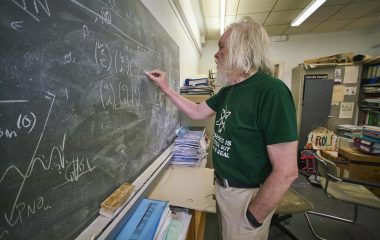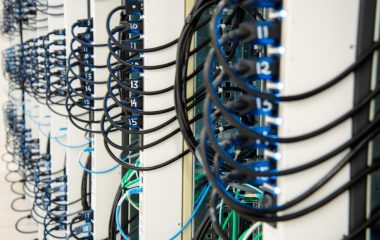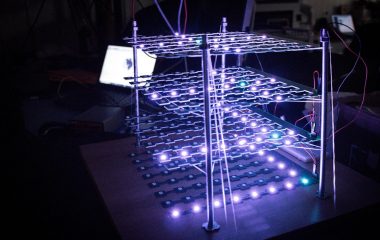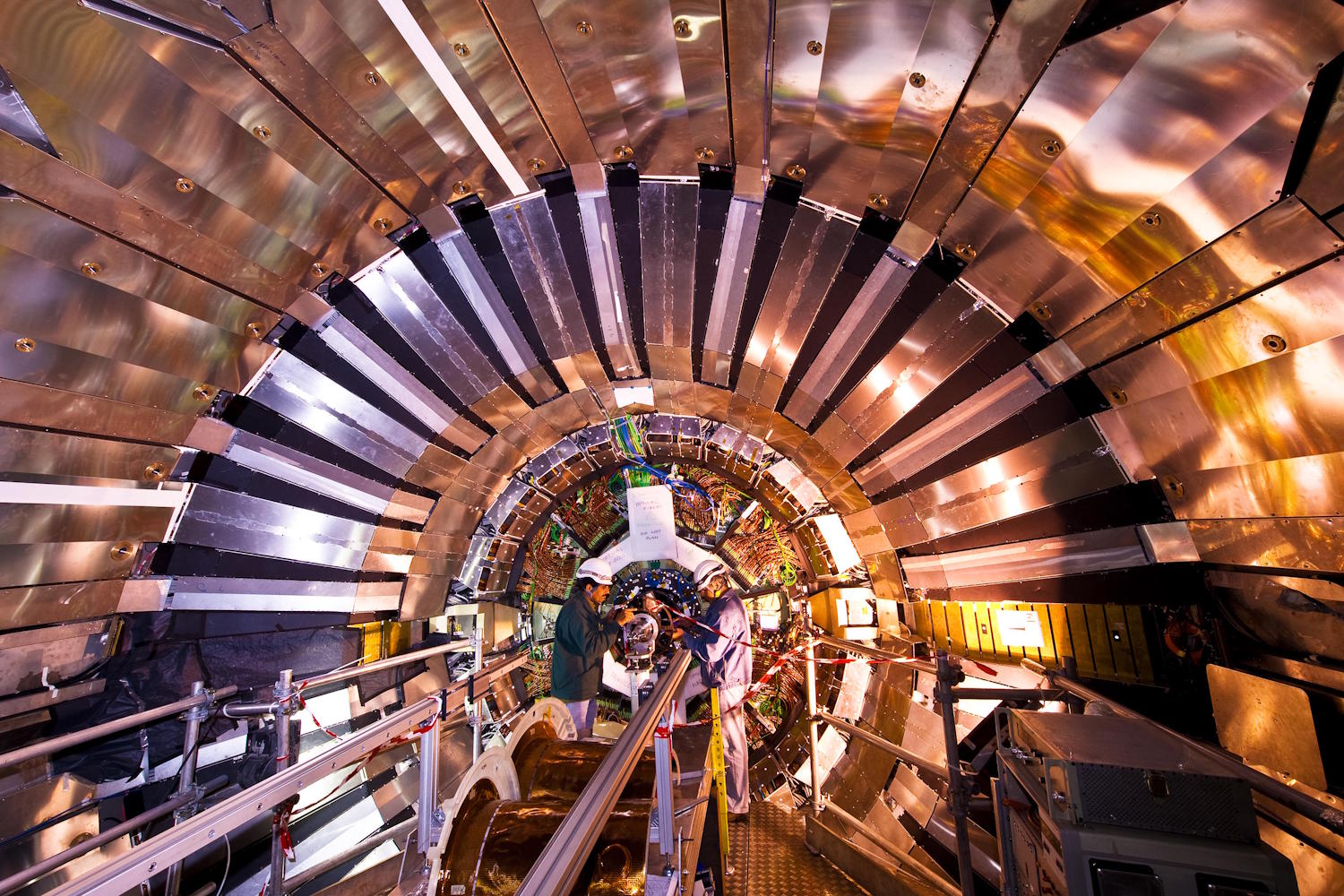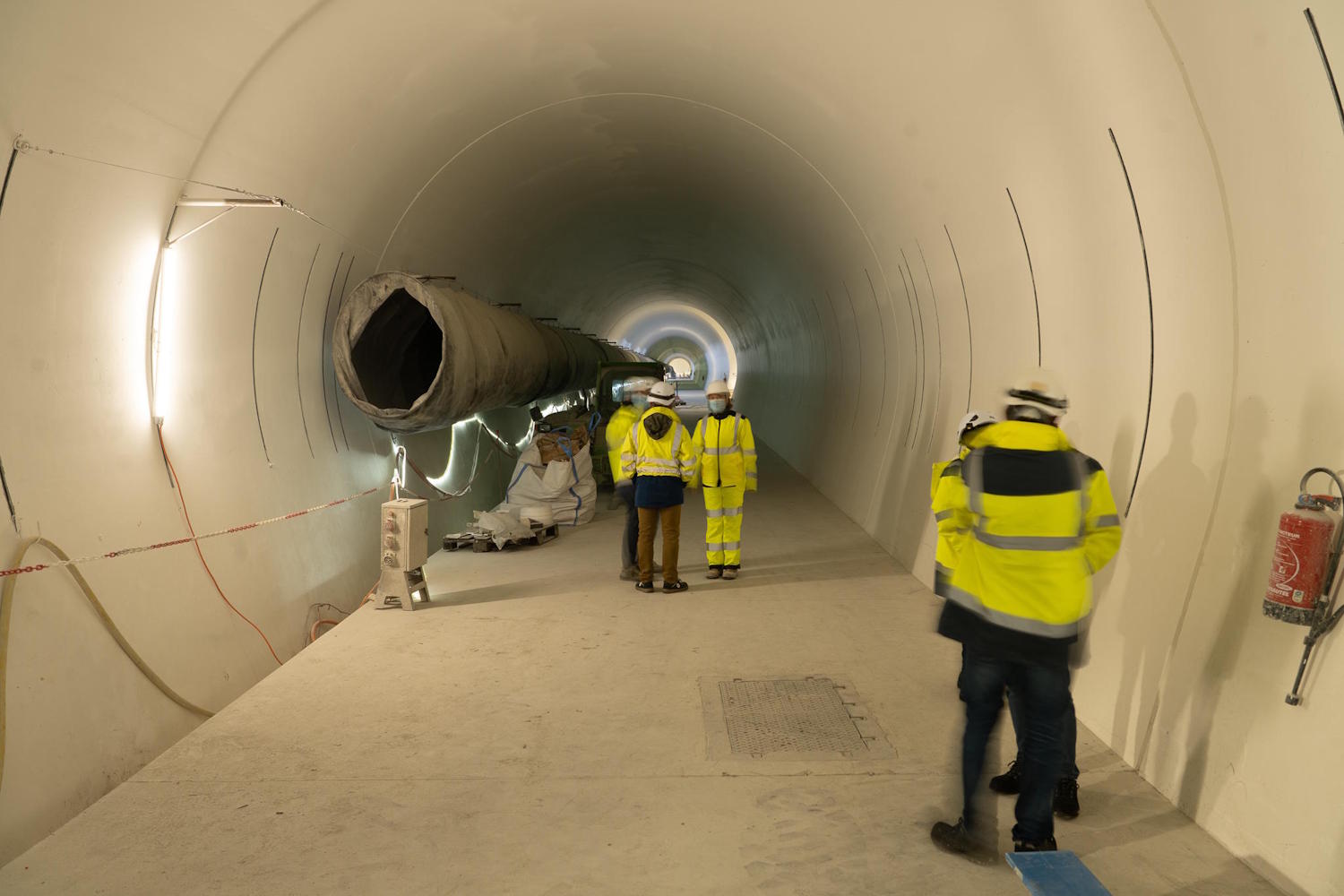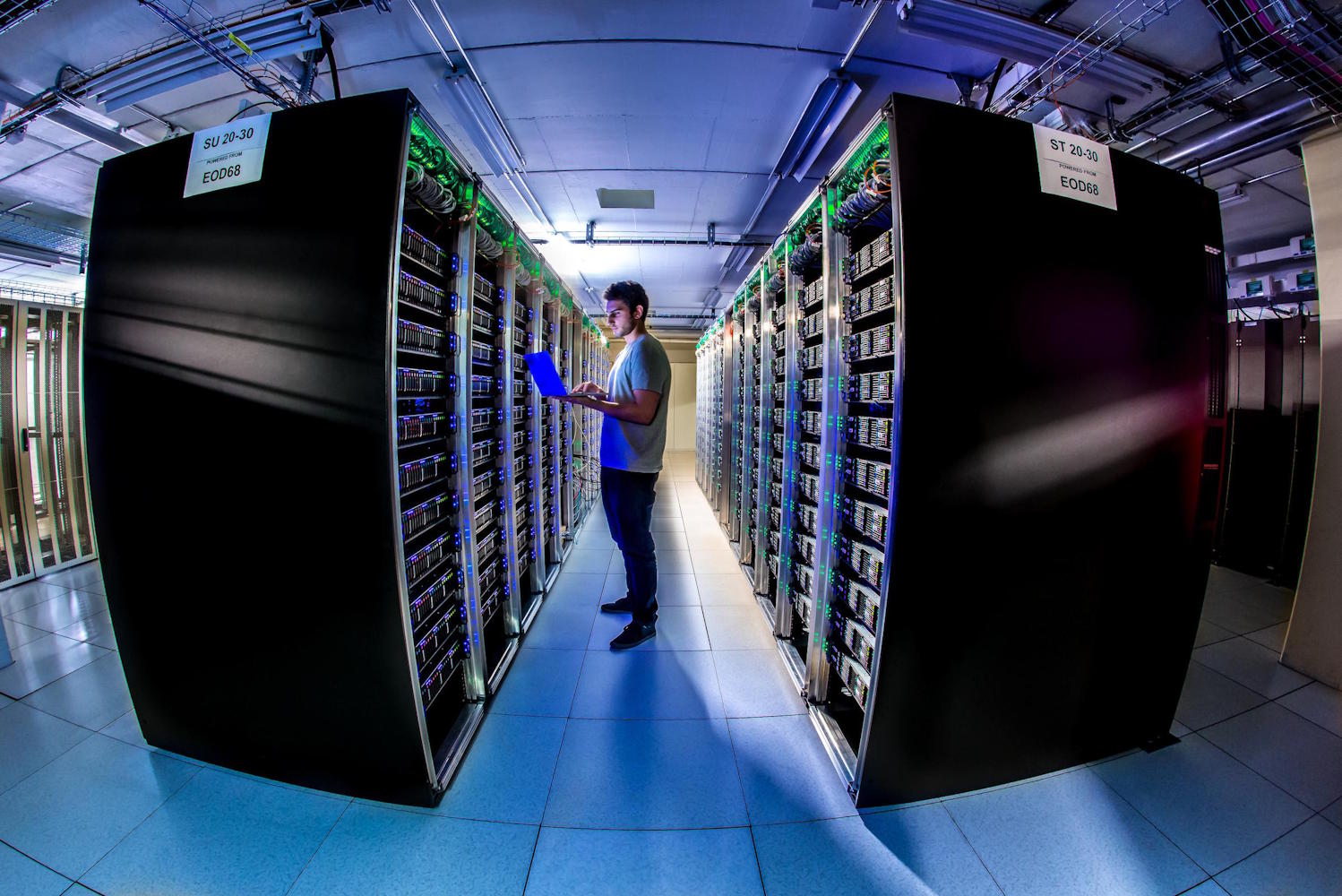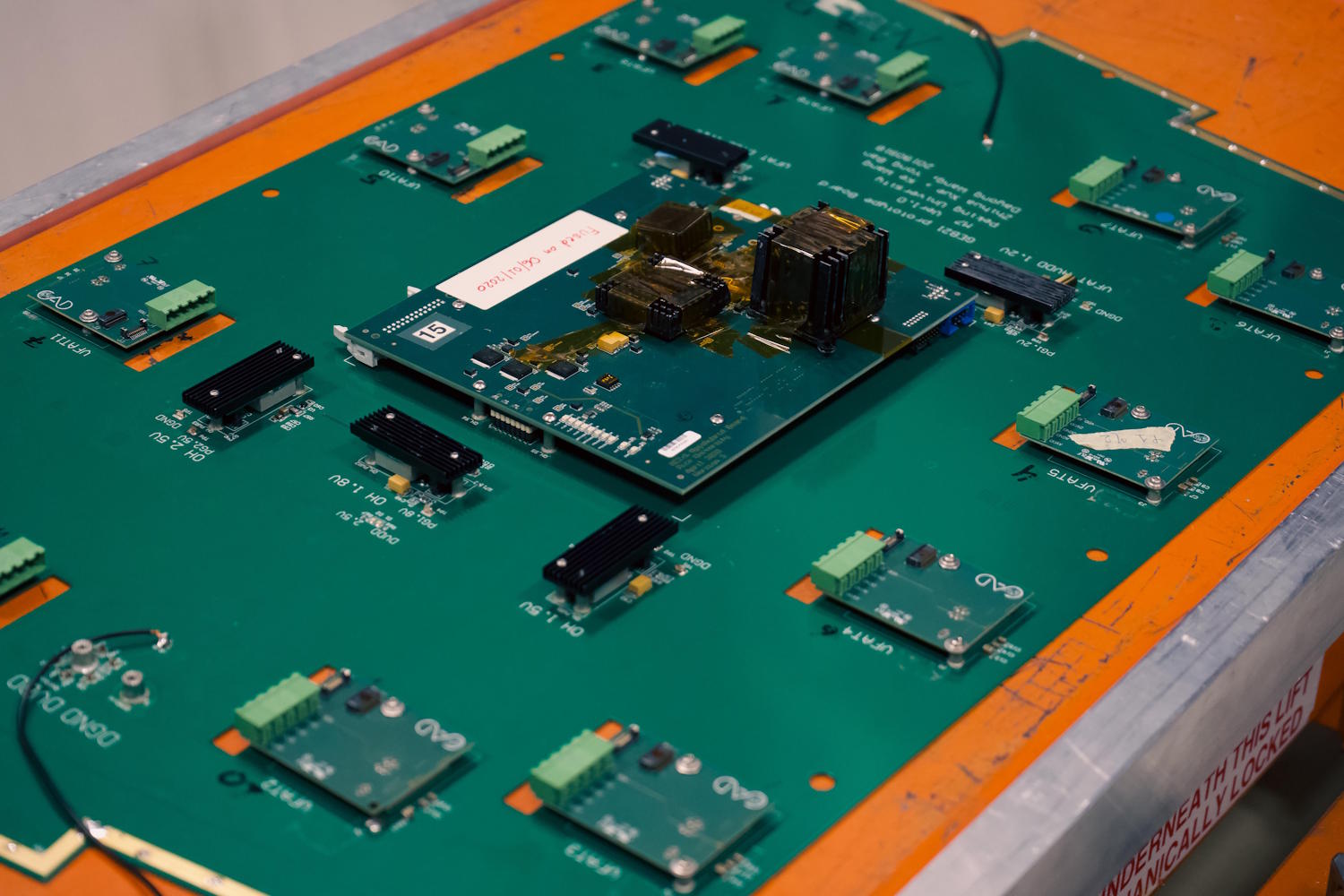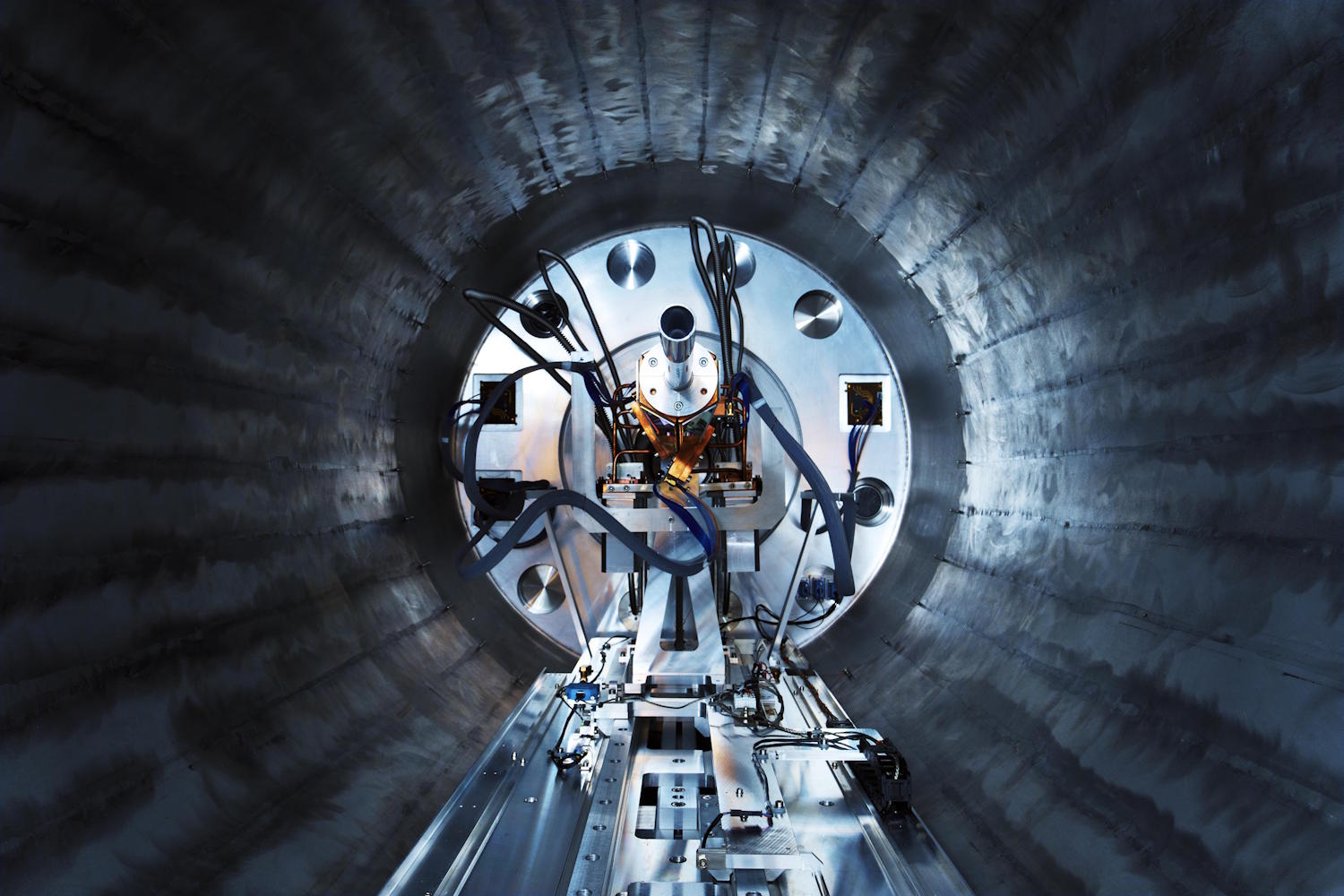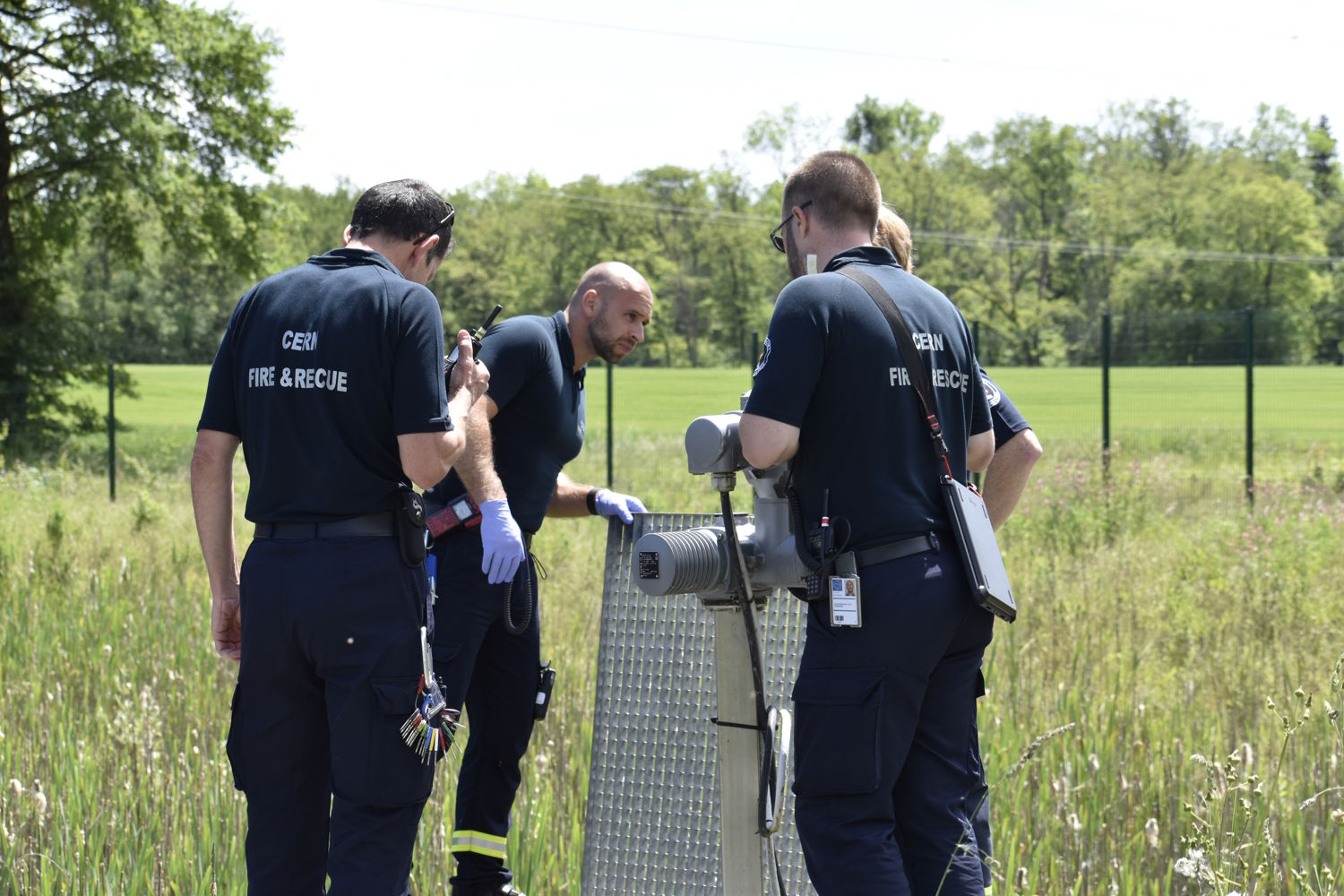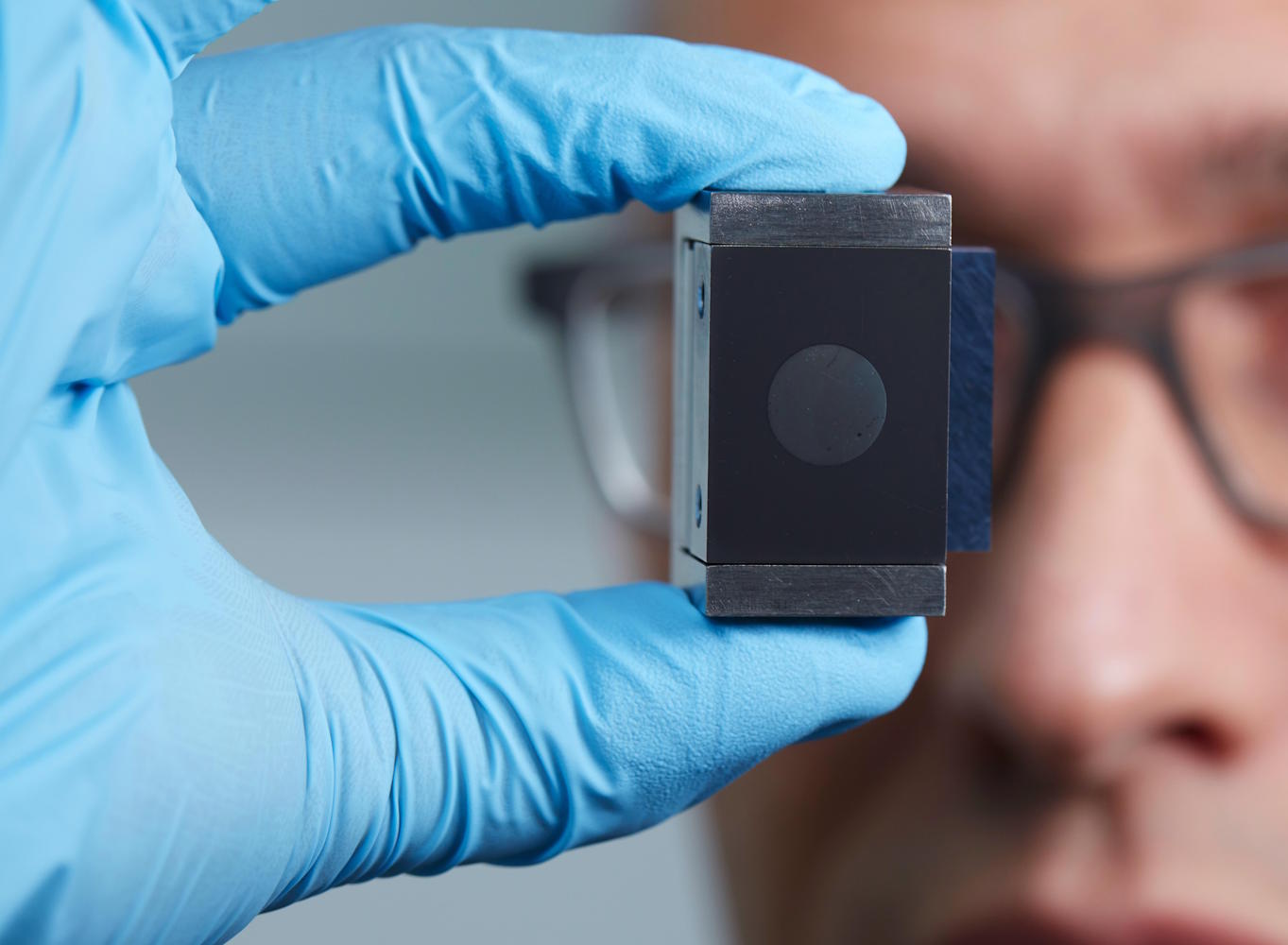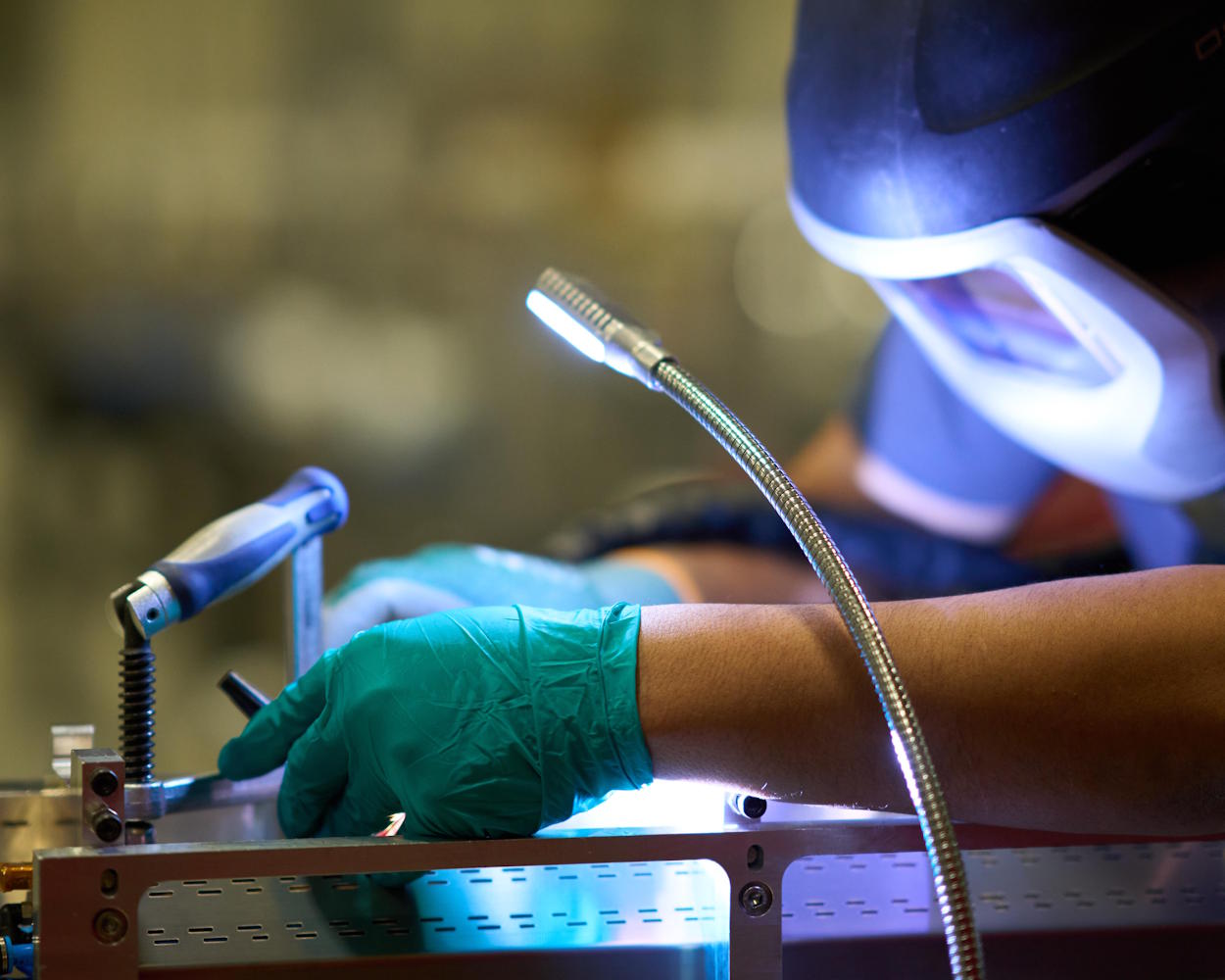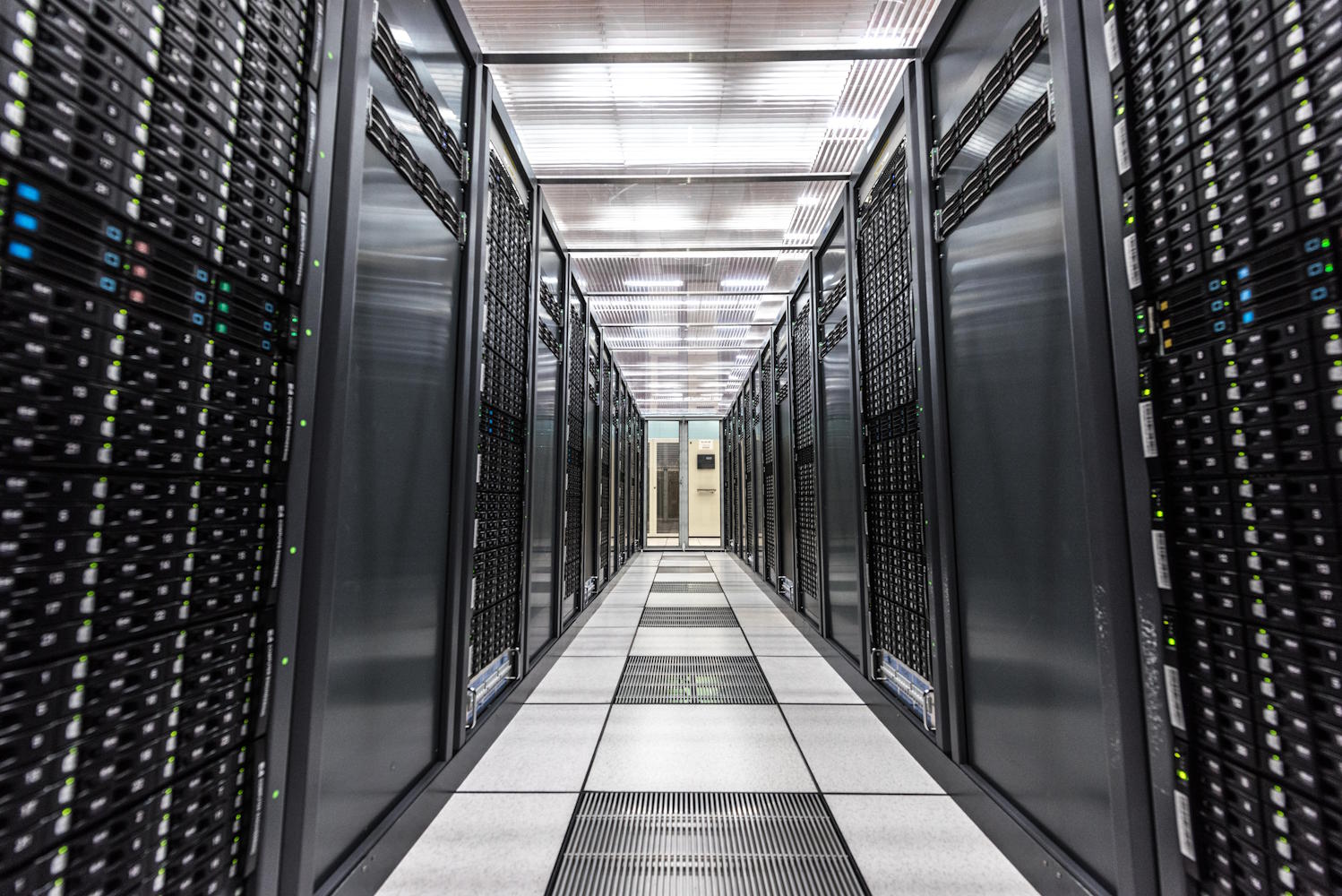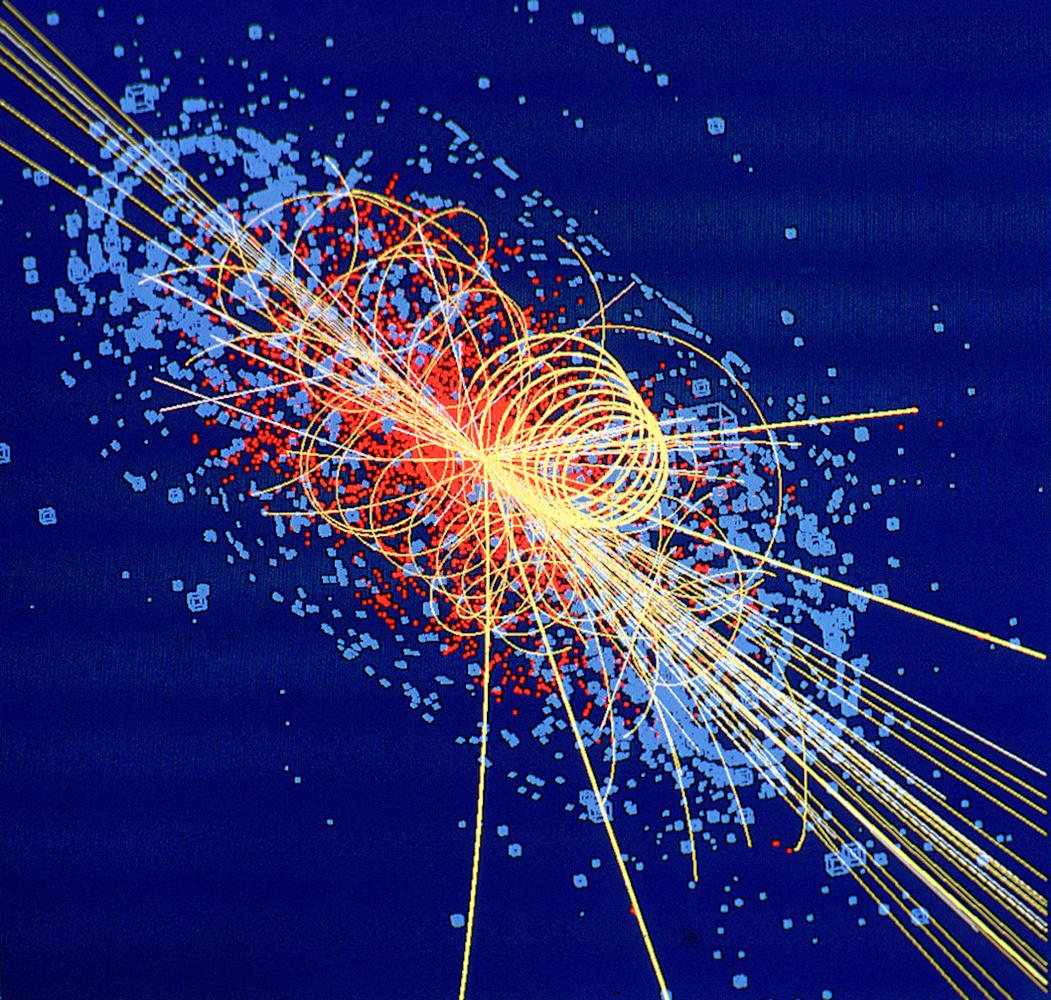The Language of the Universe
Mathematics is at the core of every breakthrough in particle physics. At CERN, it is used to develop complex models of fundamental interactions, solve intricate equations in quantum field theory, and refine statistical methods for analyzing vast amounts of experimental data. From pure mathematical frameworks to applied computational techniques, it shapes the future of discovery.
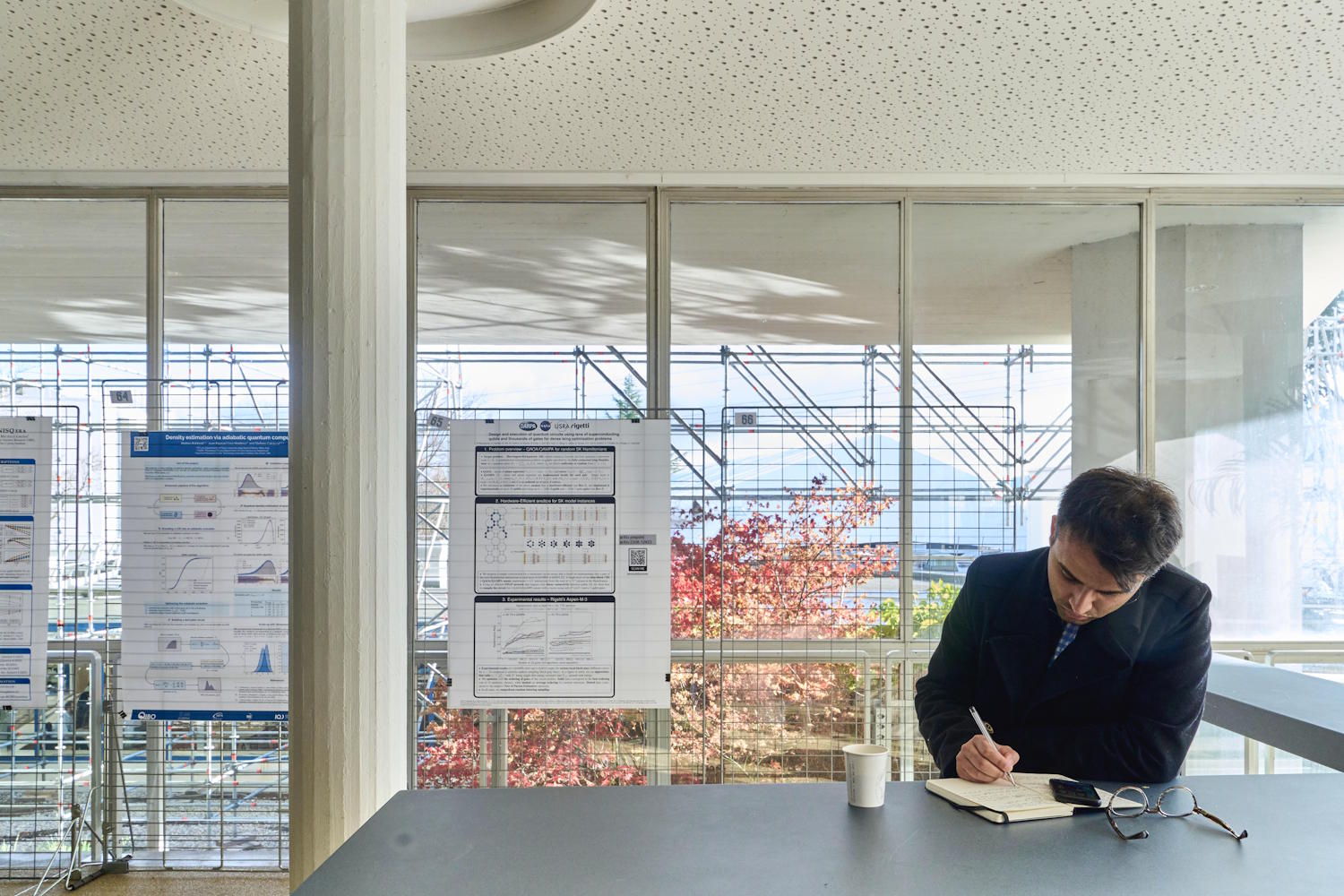

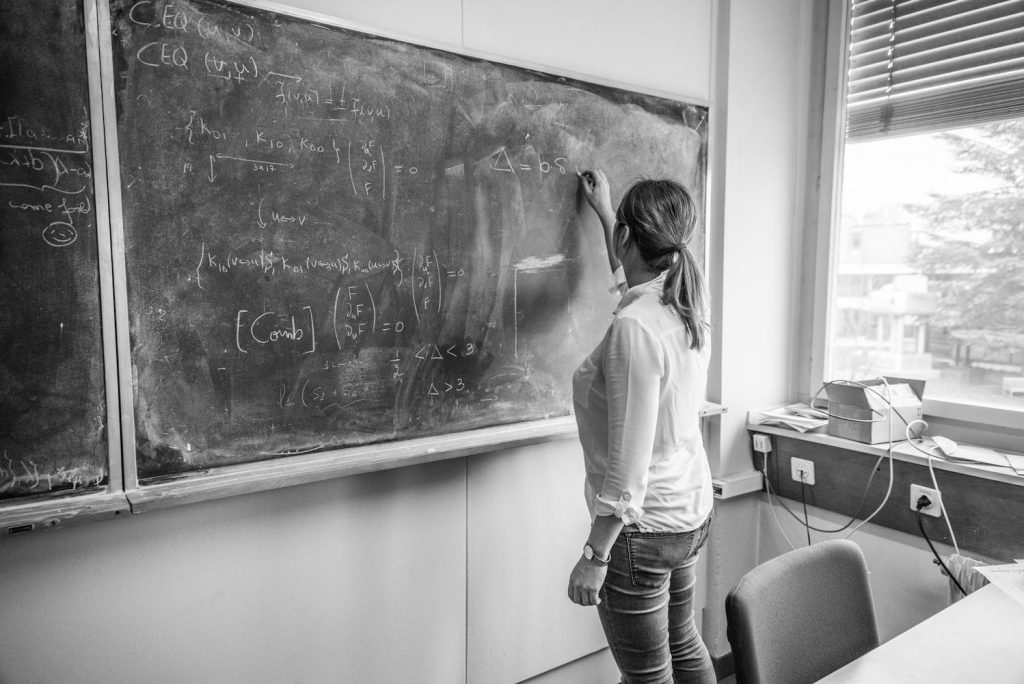
Ready to innovate?
Consult the job offers
Open positions in Mathematics
That's a fact!
The Fast Fourier Transform (FFT), a mathematical technique developed in the 1960s, is used at CERN to analyze particle collisions—helping physicists decode the subatomic chaos created in the Large Hadron Collider.
Explore the diverse fields of work at CERN
Discover how your role can transition across various departments
